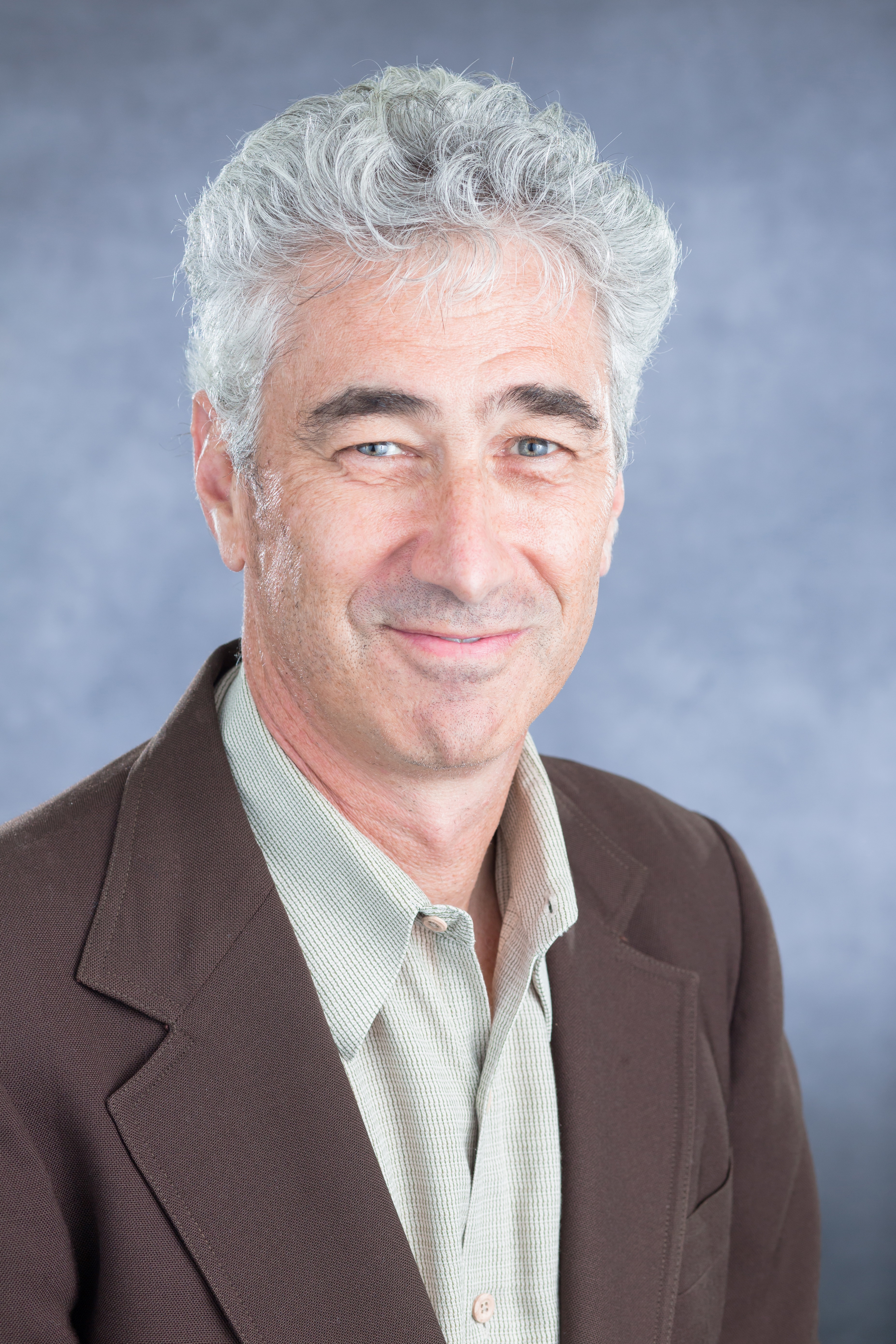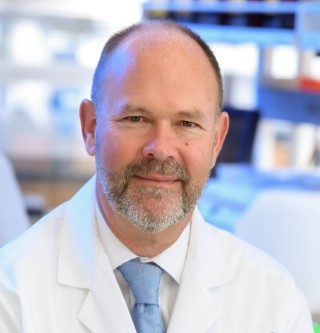

Accreditation period: January 20, 2025 - January 20, 2026
View the presentations in this CME activity and complete the evaluation. Your certificate will be mailed to you upon satisfactory completion of these documents.
Introduction & Pre-CME Questions
Matthew J. Budoff, MD
Controlling Hyperglycemia in Today’s T1D- Challenges and Solutions
Richard E. Pratley, MD
Contemporary T1D- Obesity and Cardiometabolic Complications
Matthew J. Budoff, MD
CKD in T1D the role of the SGLT1/2i Sotgliflozin
David Cherney MD, PhD
Panel Discussion and Q&A: Risk Benefit- Managing
T1D with Non-Insulin Agents Preventing Cardiorenal Morbidities
Panel: Matthew J. Budoff , MD • David Cherney MD, PhD
Richard E. Pratley, MD
Moderator: Yehuda Handelsman, MD

ACC, FAHA
Professor of Medicine
David Geffen School of Medicine at UCLA
Endowed Chair of Preventive Cardiology, Lundquist
Institute at Harbor-UCLA Medical Center
Program Director of Cardiac CT, Division of Cardiology
Harbor-UCLA Medical Center
Torrance, California

Medical Director & Principal Investigator
The Metabolic Institute of America
Chair Scientific Advisory board, DCMi- Diabetes
CardioRenal & Metabolism Institute
Chair & Program Director, WCIRDC- 22nd World
Congress on IR, DM & CVD
Tarzana, California

Samuel E. Crockett Chair in Diabetes Research
Medical Director, Advent Health Diabetes Institute
Senior Investigator and Diabetes Program Lead
Advent Health Translational Research Institute
Adjunct Professor of Medicine
Johns Hopkins University School of Medicine
Orlando, Florida

Professor of Medicine
Clinician Scientist - Division of Nephrology
University Health Network
Senior Scientist
Toronto General Hospital Research Institute
Director, Renal Physiology Laboratory
University Health Network
Toronto, Ontario
In 2024 patients with Type 1 Diabetes (T1D) are, unlike in the past, largely overweight or obese. The high prevalence of kidney and heart disease among individuals with T1D are of significant concerns, as these conditions are among the leading causes of morbidity and mortality in this population. Chronic kidney disease (CKD,) cardiovascular disease (CVD) and Heart Failure (HF) are common complications of T1D not only due to the long-term effects of hyperglycemia but also due to obesity, fat and insulin resistance.
In this CME satellite symposium session, we will explore the changing landscape of T1D addressing the need for new therapies in this population to improve glucose control And prevent cardiorenal complications. We will address the gaps in physicians’ knowledge on the emerging role of sotagliflozin an SGLT2/1-i in the management of these patients, recognizing the significant long term benefit on Morbidities and Longevity while mitigating the potential manageable risk.
Upon completion of this CME symposium, participants should be able to:
This educational initiative is designed for cardiologists, endocrinologists, nephrologists, internists, family physicians, and other healthcare professionals interested in the epidemiology, pathophysiology, prevention, and treatment of people with Heart failure or Type 2 diabetes, chronic kidney disease, and other cardiovascular risk factors.
This activity has been planned and implemented in accordance with the Essential Areas and Policies of the Accreditation Council for Continuing Medical Education (ACCME) through the joint providership of PESI Inc., and Metabolic Endocrine Education Foundation (MEEF). PES Inc. is accredited by the ACCME to provide continuing medical education for physicians.
PESI, Inc, designated this live educational activity for a maximum of 1.50 AMA PRA Category 1 Credit(s).
Physicians should only claim credit commensurate with the extent of their participation in the activity.